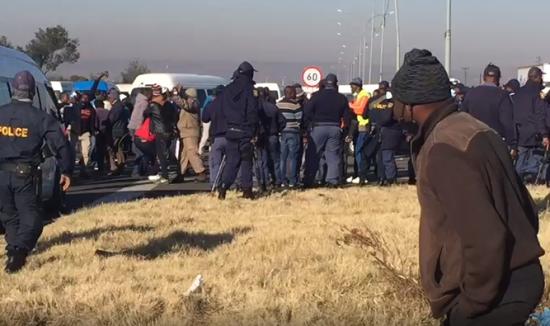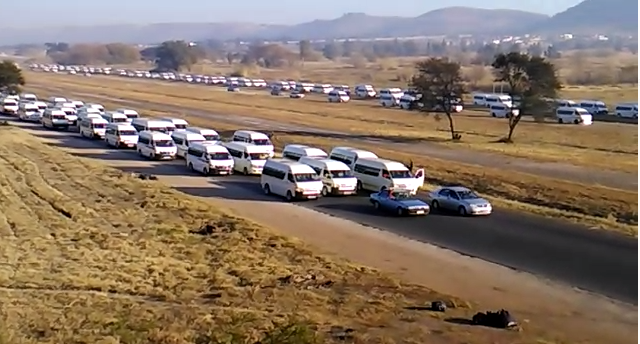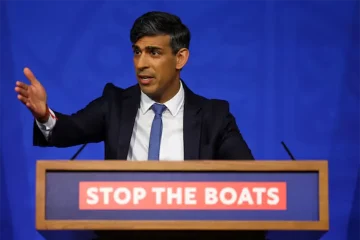OWN CORRESPONDENT
THE SOUTH African government and the leadership of the taxi industry are attempting to find each to find a solution to problems that led to a strike by taxi owners that left commuters stranded and led to chaos on some main roads in the Gauteng province.
The minibus taxi drivers, who transport thousands of workers daily, embarked on a strike on Monday in support of their rejection of a R1.5-billion COVID-19 relief grant offered by the government. The taxis are back on the road.
The taxi industry, like most other businesses, has been hit hard and lost millions in revenue, following the COVID-19 lockdown which started on March 26. The South African National Taxi Council (Santaco) has demanded that the government must pay R20 000 for every vehicle and the government offer means that an R3500 subsidy will be paid per car.
Gauteng, the commercial capital of South Africa, was the hardest hit with over 180 000 taxis participating in strike action throughout the province. The situation was different in the Western Cape where taxi owners, while in support of Santaco’s demands, did not go on strike.
The South African government has expressed its unhappiness over the taxi strike.
This is what the Department of Transport said: “We find this action rather unfortunate and counterproductive. Resorting to shutting down services as an expression of disagreement with the quantum of the amount the government is offering the industry as relief support, does nothing for the industry. A service shutdown will not only negatively affect the working class but will worsen the devastation of the industry. The taxi industry is in the process of recovery from the combined impact of limited operating hours and reduced loading capacity as a consequence of the COVID-19 pandemic.
“The decision to avail R1,135 billion to the taxi industry as relief support was not an easy one. We literally had to scrape the bottom of the barrel to reach this amount, because we believe the taxi industry is deserving of support as the largest mover of our people. We must equally appreciate that the government has limited resources, which must equally benefit all other sectors. It is for this reason that none of the relief packages equate to compensation for losses, but rather limited support to cushion the impact of the COVID-19 pandemic. The reality is that there is no more money available beyond what the government has offered.
“At the time we engaged with the taxi industry on this relief support, we invited them to submit proposals on the best mechanisms to disburse the funds and benefit all the operators. The door is still open for creative ideas to maximise value for this limited benefit for all operators in the industry. Increasing the amount available is simply not an option. We have emphasized many times before, that whatever support we avail to the taxi industry, it must be for the benefit of all operators, including that owner-driver who owns one taxi in a rural village.”















